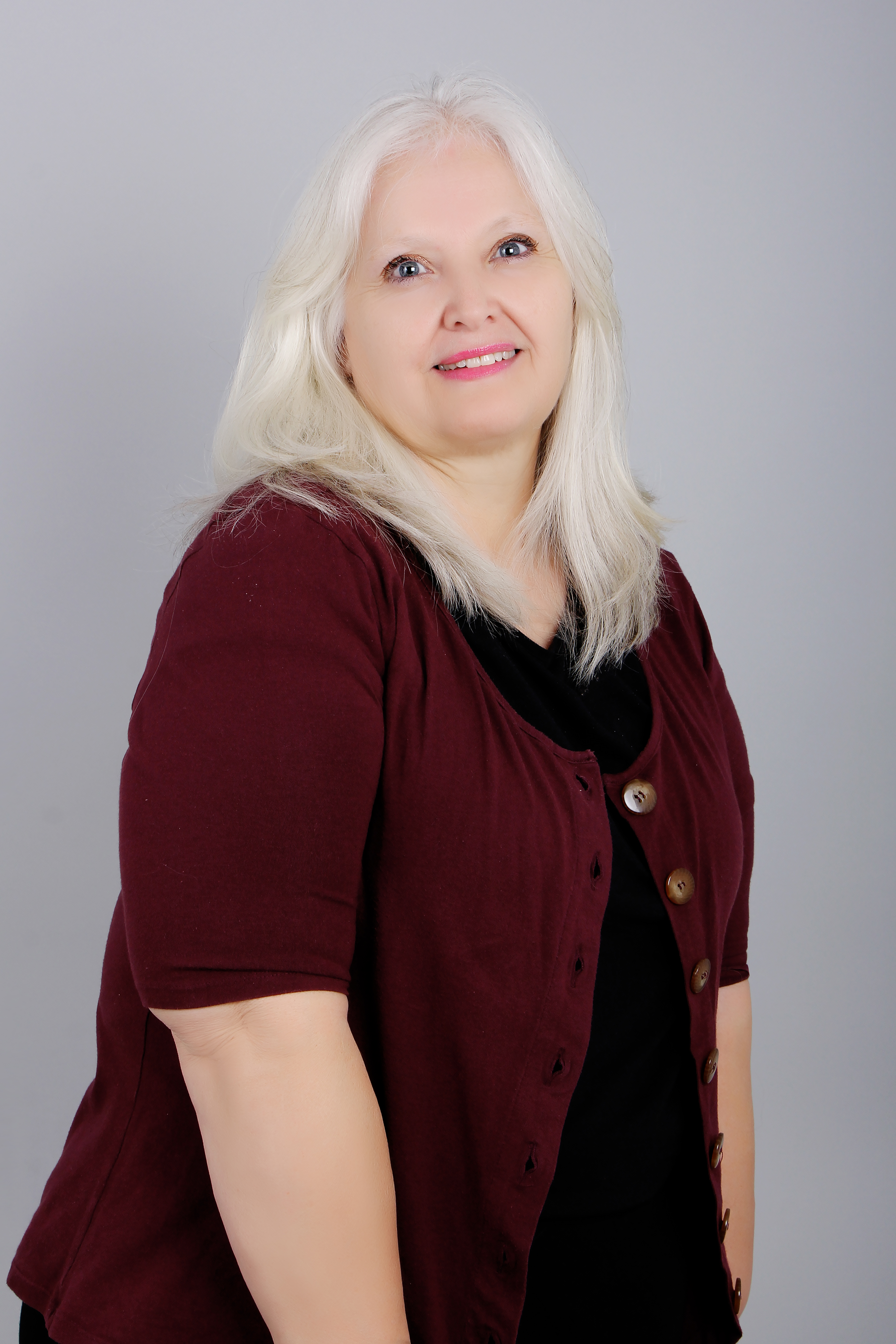Share This Article

Debra Basson, CEO and Founder of TAXology, Pixel Weave, and We Are JMD, stands as an inspiring figure in the sphere of entrepreneurship and leadership. Recognized as one of the “Most Powerful Women,” she sees this acknowledgment as a profound reminder of the impact that one can have through hard work, and innovation.
“Being named one of the ‘Most Powerful Women’ is a reminder that power lies in leading by example. t’s about showing others that women can break barriers in any industry,” she said.
Throughout her career, Debra has faced numerous challenges while building Pixel Weave and the NetworkN Business Network. “One of the most pressing challenges was balancing rapid growth with long-term sustainability. It’s easy to get caught up in the excitement of scaling a business, but I had to ensure we built a foundation to support that growth over time.”
Her approach involved implementing sustainable business models that prioritize innovation and client satisfaction. “Overcoming this challenge required a mix of strategic thinking, careful planning, and an unwavering commitment to our values,” she further added.
Having moved to the UAE to start anew, Debra reflects on the empowering aspects of her journey. “Coming to the UAE opened my eyes to a world of business possibilities. The UAE is a land of opportunity, where entrepreneurs can find low-hanging fruit—those untapped business opportunities that are ready to be developed,” she stated. The supportive and innovative environment allowed her to position her businesses for rapid growth by focusing on areas with immediate impact.
Debra is deeply committed to helping women entrepreneurs find their unique value propositions in a competitive market. “I work with women entrepreneurs to ensure their personal experiences, skills, and perspectives are fully expressed in their businesses. I encourage them to embrace their uniqueness and authenticity, as these qualities often resonate with clients.” She believes that innovation is not solely about reinventing the wheel; it’s about understanding one’s unique strengths and how they can solve problems distinctively.
In addressing women in business who feel limited by personal life challenges, Debra advises embracing those challenges as part of their journeys. She said, “Everyone faces obstacles, no matter their field or expertise, and how you respond to them genuinely defines your path to success. Instead of viewing them as setbacks, see them as opportunities for growth, learning, and innovation. Take time to process each step, set realistic and achievable goals, and pace yourself without feeling pressured to meet society’s definition of success overnight. Most importantly, don’t be afraid to ask for help or seek support when you need it—no one succeeds alone. Surround yourself with mentors, peers, and a network of individuals who understand your vision and can offer guidance. The journey to success is rarely a straight line, but the resilience and resourcefulness you develop in facing challenges shape your long-term achievements.”
Debra has observed key differences in leading businesses as a woman across different regions, including South Africa, the U.S., and the UAE. “In South Africa, resilience is crucial, where economic and social dynamics can be particularly challenging. In the U.S., female leaders continuously push the envelope, embracing new technologies and finding creative ways to solve problems. Whereas, in the UAE, vision and adaptability are essential.” She believes that across all regions, women leaders are reshaping what it means to lead, with resilience, innovation, and adaptability as key pillars.
When discussing the importance of real relationships over online connections, Debra said, “While social media can be powerful, I believe authentic relationships are what create lasting success.” Her journey to build a significant social media following has taught her invaluable lessons in content creation and audience engagement, balancing both digital influence and genuine relationships.
Debra believes that empathy and emotional intelligence are crucial in setting women leaders apart, especially in male-dominated industries. “These traits enable women leaders to understand and address the deeper needs of their teams and clients, fostering environments where creativity and collaboration thrive,” she explains. This approach is vital in today’s fast-paced business environments.
However, she acknowledges that barriers still exist for women entrepreneurs in the Middle East, particularly regarding access to funding and resources. “Building strong networks can help women tap into opportunities and financial support. Finding mentors is crucial, but maintaining a sense of resilience is equally important.”
As a mentor, Debra encourages women to set realistic goals that align with their personal and professional aspirations. “Success isn’t achieved overnight,” she reminds them, advocating for work-life integration rather than a perfect balance.
In the end, Debra concluded, “My vision is for future generations of women to recognize their power to lead and innovate, demonstrating that success is defined by ambition, creativity, and resilience rather than societal expectations. It’s essential to create opportunities for women to rise to leadership roles and foster a supportive culture of collaboration. By dismantling existing barriers, I want to ensure that future female innovators can thrive and effect meaningful change. Leadership goes beyond personal success, it’s about inspiring others to realize their potential and creating a lasting impact that empowers women to shape the future.”
